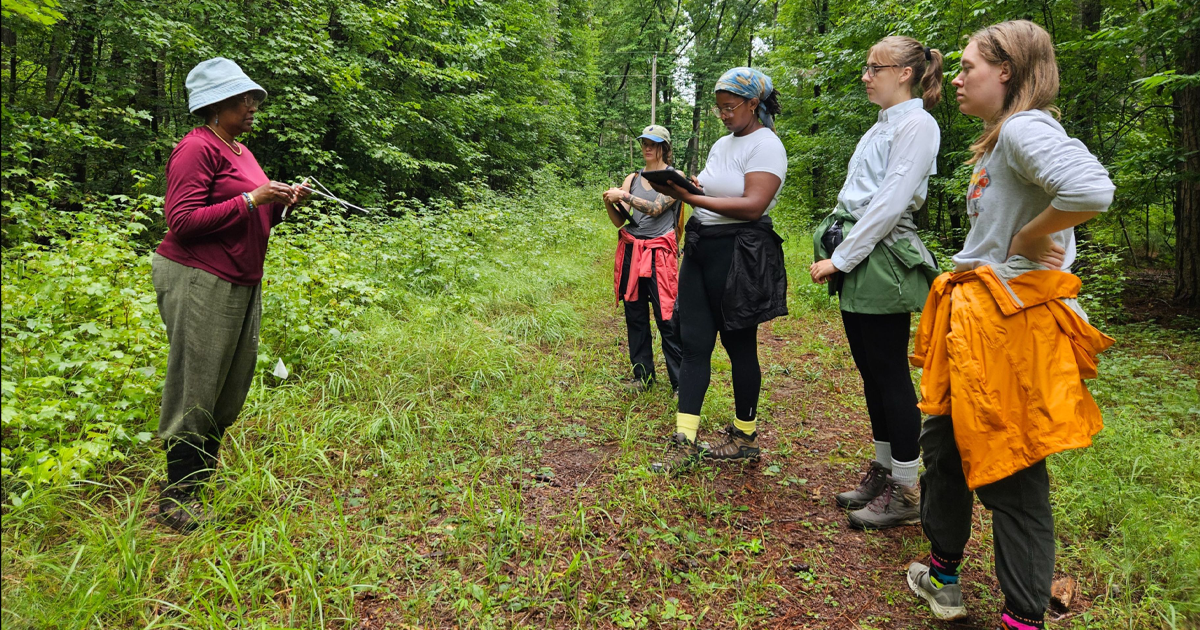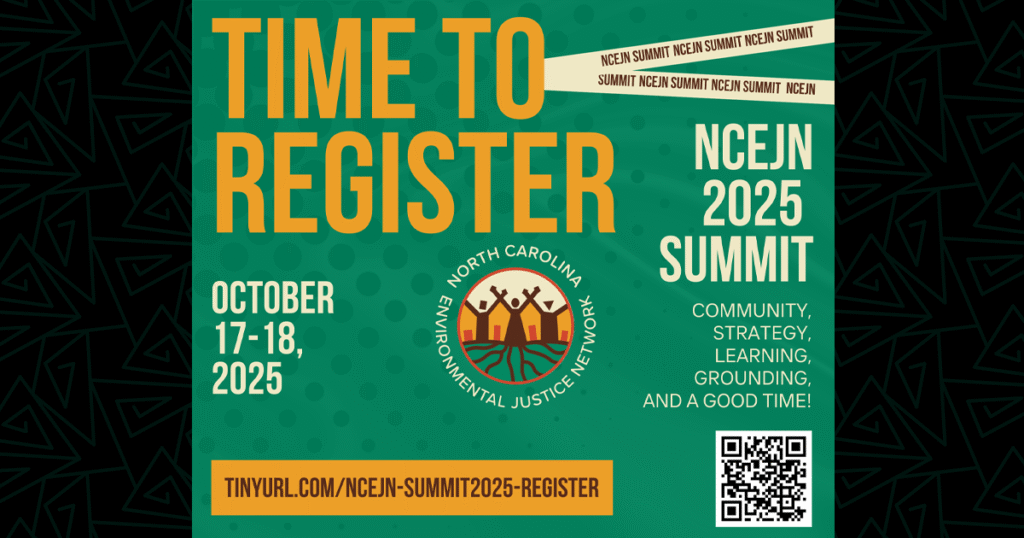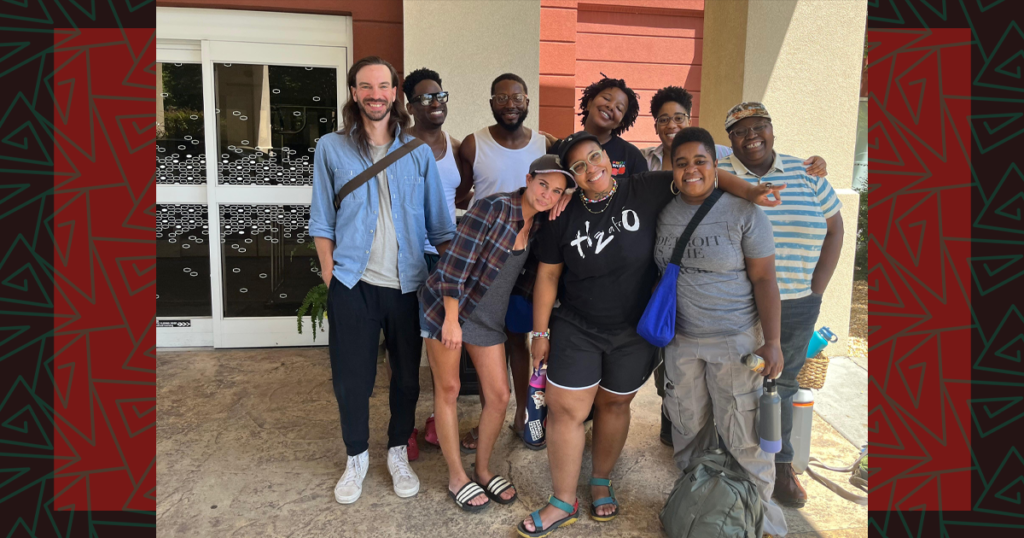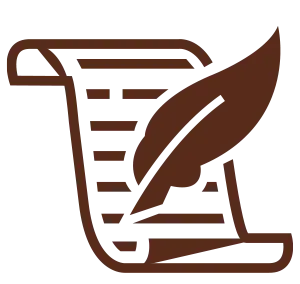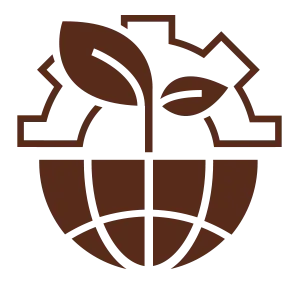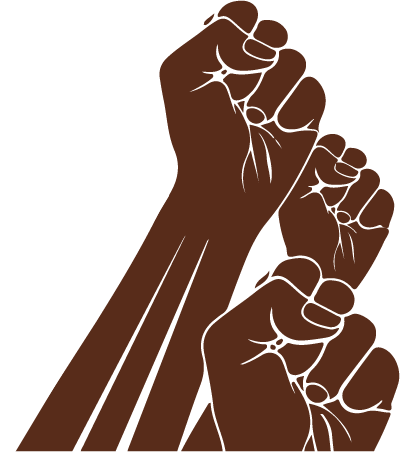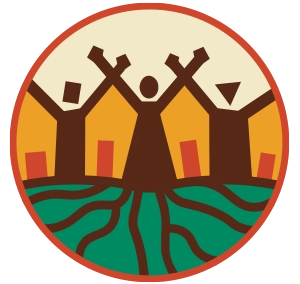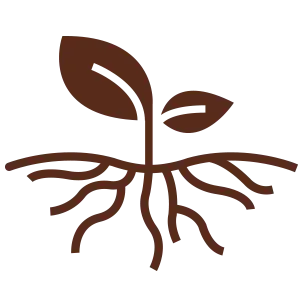Colleen Dongarra, NCEJN Intern 2024
I view spiderwebs differently now. They used to be a nuisance – something I stumbled into during an early morning hike. I would feel a sticky mesh break across my forehead and, inevitably, fear the spider that was tangled in my hair. Today, I find myself more investigative of webs. I look at the web structure, the quantity, and the location. I question what has settled in them. Heavy metals? PM2.5? E. coli? I think about the spider too. What did the population in this area look like 10 years ago? 50 years ago? Lastly, I think about where the spiderweb is. Is it near a house? Is it near a river? Who lives here? Who lived here?
Spidey Sens-r is a participatory science project, developed by Dr. Chris Hawn, to assess air quality in communities targeted by industrial plant operations. These areas commonly overlap Black, Brown, and rural households disregarded by federal monitoring efforts. The key to Spidey Sens-r? Spiderwebs. While most air quality monitoring technology requires monetary resources and cyberinfrastructure, spiderwebs are accessible. Over time, they collect particles that settle out of the air, making them natural indicators of an area’s air quality. When collected, they can be tested for toxins and used to advocate against industrial pollution.
I first learned of Spidey Sens-r last spring semester when Dr. Hawn lectured in my Environmental Health Topics course at UNC Chapel Hill. Being a public health student interested in science and research, I was inspired by their speech. In my classes, I was learning about the health consequences of unregulated pollutants and the systematic racism that concentrates these toxins in BIPOC communities. Spidey Sens-r presented a creative, science-oriented research method to fight these injustices – I wanted to get involved.
Soon after, I became a summer research intern at NCEJN. In this role, I prepared materials for Spidey Sens-r events, collected and organized data, and assisted in processing web samples in the lab. These things excited me while fulfilling my expectations for a student learning opportunity. However, reflecting on the experience, my perspective has shifted on more than just spiderwebs. The real value of this internship did not come from the science I conducted. It came from the people I met and the grassroots organizing I witnessed. When research is driven by people, it becomes a tool for advocacy. It empowers movement against harmful industries that pollute neighborhoods with no repercussions. It can bring individuals together, spark conversation, and yield discovery and connection. As a student, much of what I knew about public health and justice was learned in the classroom and the lab. Every day, I sit with a cohort of students who study how to protect people and the environment. However, the lecture hall is often devoid of community voices. This reality disconnects students from the people their research and education are supposed to benefit.
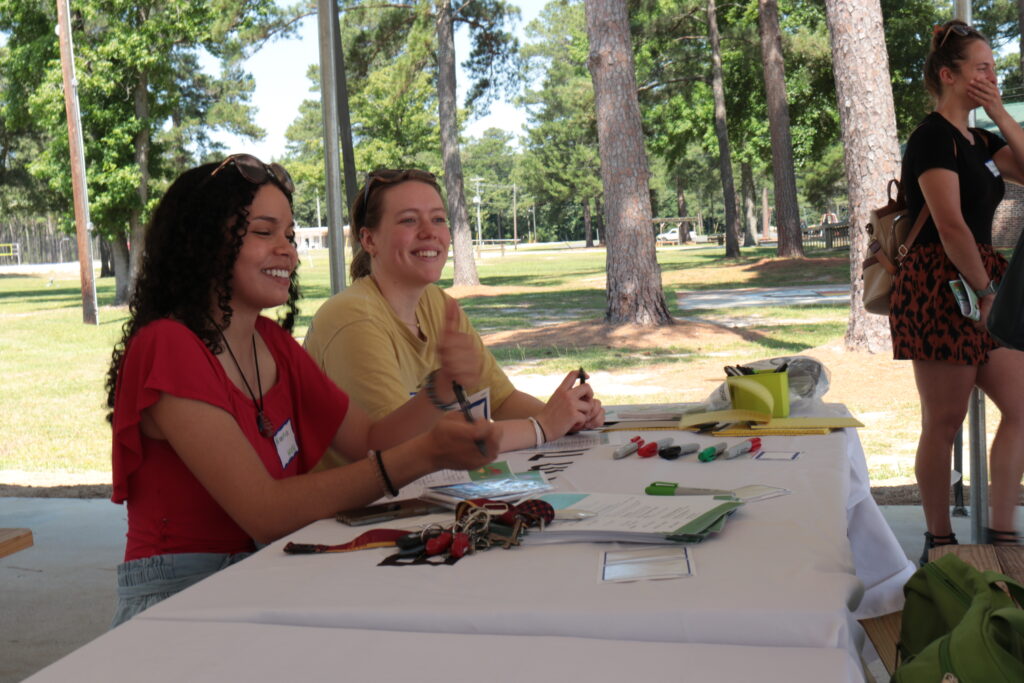
Here are my final takeaways:
As a future public health professional, I am committed to working with and learning from community members. Academics, government officials, and NGO employees too often disregard the voices of the very people they aim to represent. I will actively work against this preset, and engage in spaces that uplift the voices of people facing public health and environmental injustice.
Being a student is a powerful way to learn, research, and fight against these issues. However, a professor cannot always tell me what a community member can. Education does not stop at the classroom door, so I will continue to absorb knowledge from all spaces.
Creativity is necessary for community advocacy and research. Solutions can be found in the most unlikeliest of places. Going forward, I will embrace all vessels for positive change. And of course, I will continue to look at spiderwebs differently.
To end this reflection, I would like to share my gratitude to the individuals who made this internship the invaluable experience that it was. To the entire staff at the Carolina Center for Public Service office, thank you for believing and investing in me. To all of the community partners and academics within the network who I had the pleasure of working with this summer, I learned so much from you. Thank you for shaping me into the student and advocate I am today. To the team at NCEJN, I appreciate all of the helpful and engaging conversations, the warm-heartedness, and the willingness to teach and share life experiences with an intern. To my fellow interns, Aleena and Rhiannon, you are the source of so much joy. Together, we can figure anything out. To Chris Hawn, I would follow you into battle. Thank you for inspiring me. And lastly, to Dani, you have served many roles – supervisor, mentor, and instructor. I am glad to call you foremost a friend.
